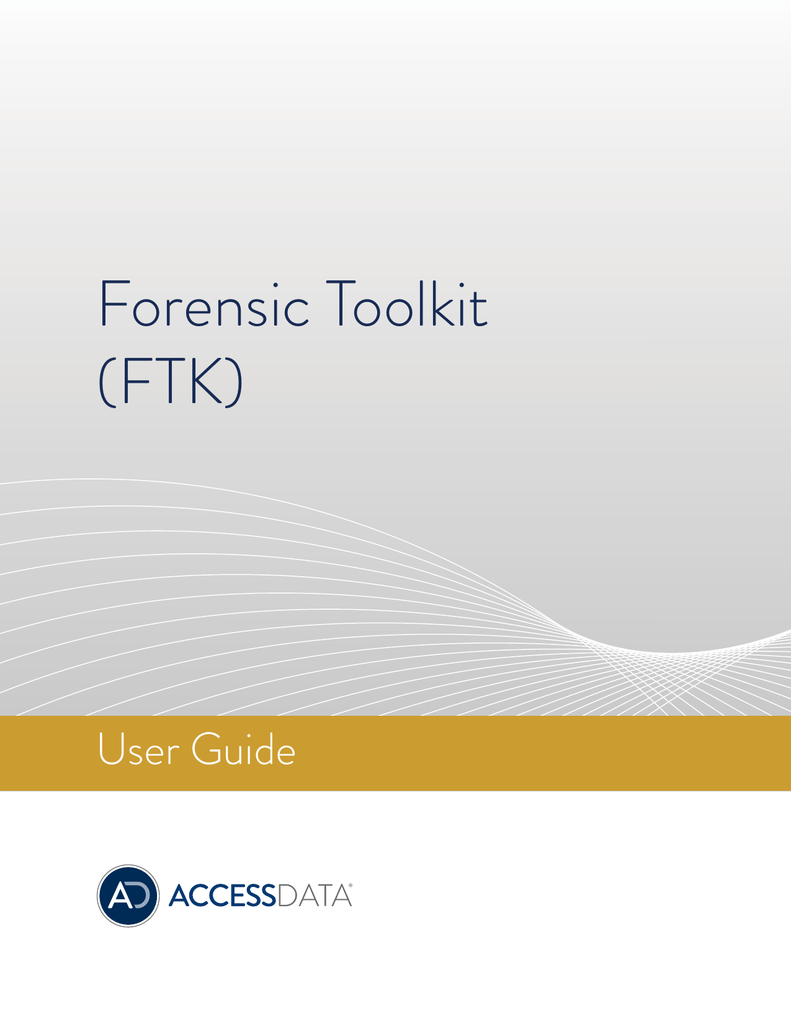

The government charged Keck with five crimes: two counts of receiving child pornography, and one count each of possessing, advertising, and attempting to distribute child pornography. One of the laptops contained a folder, which in turn contained sub-folders with thousands of downloaded child pornography videos and images.

Another account had used an IP address from the West Memphis hotel where Keck told the agents he had stayed the night before they seized his devices. An Oklahoma-based FBI investigation had previously linked one of those accounts to child pornography. After obtaining a search warrant for Keck’s devices, the FBI’s examination revealed twelve file-sharing accounts associated with Keck’s computers. During the encounter, the agents did not yell or threaten Keck, and he could not see their guns. But after the agents told him that lying to the FBI during an investigation is a felony, he went back to the van and got the rest. Initially, he only turned over two devices.
#Gigatribe fbi portable
Keck gathered his devices-including two laptops, a cell phone, a portable hard drive, and a memory card-from his van. The agents told Keck they needed his electronic media. Keck told them he had come from Atlanta and had slept at a West Memphis, Arkansas hotel. They pulled their vehicles next to Keck’s van in the Fees’ driveway, got out, and questioned him. 2- When Keck arrived at the Fees’ house on Monday, two FBI agents were there waiting for him. He was advised that (1) the FBI could lawfully seize Keck’s electronic devices without a warrant to prevent Keck from destroying them, and (2) the agents needed to do so as soon as Keck returned to town. The lead agent on the case asked his supervisor and the FBI’s in-house legal counsel for advice. The Fees told the agents that they expected Keck to return to their house that afternoon. The following Monday, the FBI discovered that another jurisdiction was investigating Keck for child-pornography-related crimes. When the agents first made contact with the Fees on a Friday night, the couple consented to the seizure and search of their personal electronic devices. Several years earlier, Keck had spent thirty days in jail and paid a $16,000 fine for a child-pornography conviction. Keck worked as a long-haul trucker and stayed at the Fees’ house periodically when he was in town. Fee’s fiancée Danika (Keck’s daughter) did too. Fee, a former local law enforcement officer who was then at a police academy, pointed the FBI agents to his future fatherin-law, Joseph Keck. The FBI tied the IP address to Matthew Fee. Background In 2016, the Swiss federal police told the Federal Bureau of Investigation that an internet protocol (“IP”) address in Arkansas was distributing child pornography on a file sharing website known as GigaTribe. He also argues that the evidence was insufficient to support his conviction. Keck appeals that ruling, arguing that the warrantless seizure of his devices was unconstitutional and unjustified. The court listed several alternative Fourth-Amendment theories to support its decision. The district court denied Keck’s suppression motion, holding that the warrantless seizure of the devices was justified. supported search of those devices revealed that Keck had downloaded and shared child pornography. Moody, Jr., United States District Judge for the Eastern District of Arkansas. A later warrant- 1 The Honorable James M. Without a warrant, federal agents seized Keck’s electronic devices from his van. Joseph Keck was convicted in the district court1 on five child-pornographyrelated counts. Defendant - Appellant _ Appeal from United States District Court for the Eastern District of Arkansas - Little Rock _ Submitted: JanuFiled: J_ Before LOKEN, GRASZ, and KOBES, Circuit Judges. 19-3534 _ United States of America Plaintiff - Appellee v. United States Court of Appeals For the Eighth Circuit _ No.


 0 kommentar(er)
0 kommentar(er)
